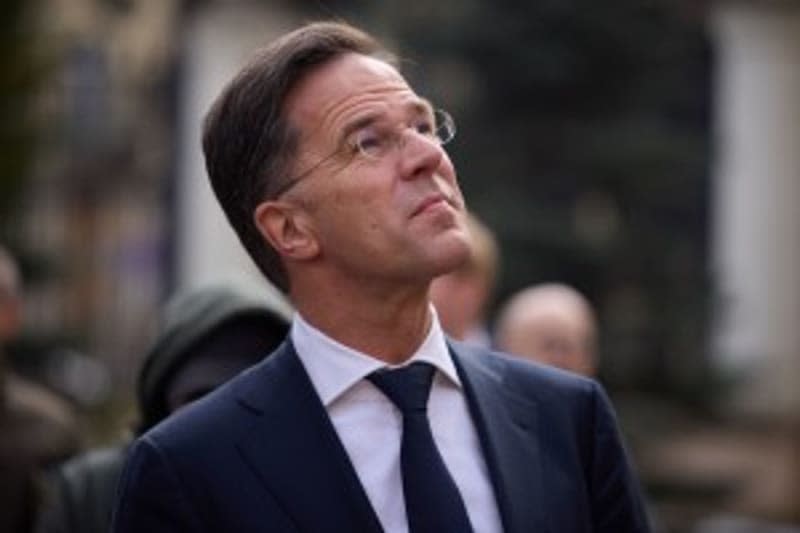Wilders ready to ditch Dutch premier's job to push forward coalition

- Oops!Something went wrong.Please try again later.
- Oops!Something went wrong.Please try again later.
Far-right Dutch politician Geert Wilders says he is ready to forego the job of prime minister after months of haggling with potential coalition partners to form a government.
"I can only become prime minister if ALL parties in the coalition support it. That was not the case," he acknowledged on X, formerly Twitter.
"The love for my country and voters is great and more important than my own position."
Wilders, who campaigned on an anti-migration and anti-Islam platform, said he wants to achieve less immigration and less asylum in the Netherlands with a new right-wing government. He is resigning from office in order to achieve this goal, he said.
Wilders Party for Freedom won the parliamentary elections in November with 37 of the 150 seats, but he needs at least two other parties for a majority.
Talks with three parties to form a right-wing government began days after his shock victory, but the negotiations have been in disarray since January.
Outgoing Prime Minister Mark Rutte's conservative People's Party for Freedom and Democracy (VVD) and the centre-right New Social Contract (NSC) party both refused to enter into a coalition led by him.
The fourth party in the possible alliance is the populist Farmer–Citizen Movement (BBB).
In recent days, the party leaders had agreed to resume negotiations on forming a coalition.
Details of what a coalition without Wilders at the top could look like are expected to be presented by parliamentary negotiator Kim Putters on Thursday. Parliament is then due to discuss the matter next week and decide on the next steps.
Wilders' decision was no great surprise in the Netherlands.
It had been clear for some time that two of his potential partners could not accept Wilders as head of government. Still, he had vowed to press ahead despite the long odds.
In order to make cooperation possible in the first place, Wilders had put numerous policies from his party programme on ice. For example, he had withdrawn legislative proposals to ban the Koran and strip civil rights for people with dual nationality. He had also given up his opposition to further military aid for Ukraine.
According to long-time observers of Dutch politics, Wilders' relinquishing his claim to the top job is not a major sacrifice for the far-right leader: He could, for instance, still play a major role as parliamentary group leader, without facing the responsibilities - and criticism - that comes with being prime minister.

